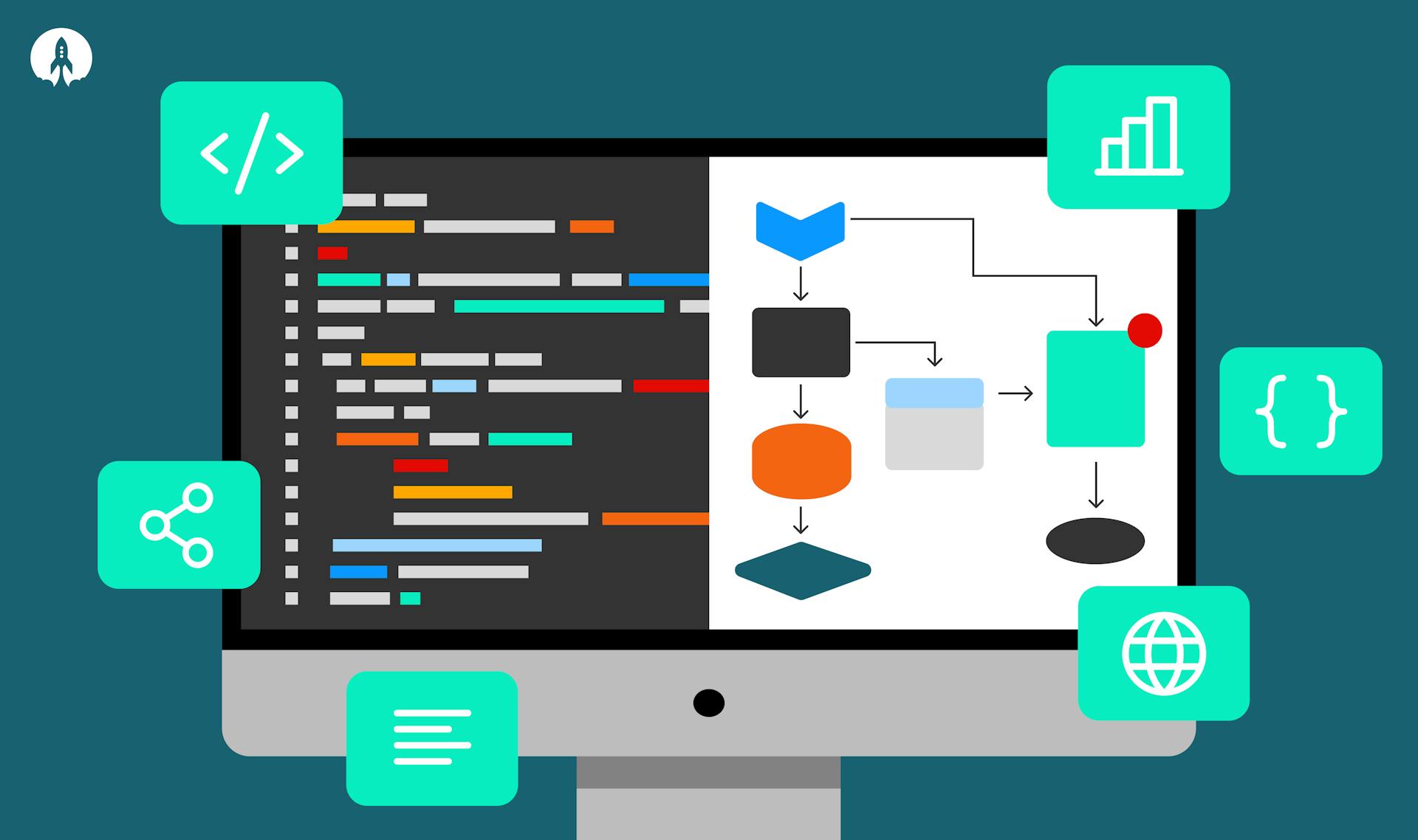The Crucial Role of Solution Architecture in Software Development

Solution What!
Solution architecture is the blueprint that guides the entire development process, ensuring that the end solution meets the requirements and considers anticipated future features and growth. In this blog post, we'll delve into the significance of solution architecture and how it intertwines with digesting client requirements, crafting a delivery approach, calculating hosting costs and planning for future growth in alignment with the client's roadmap.
The Art of Listening: Understanding Client Requirements
One of the fundamental pillars of effective solution architecture is a keen understanding of the client's vision and requirements. At Rocketmakers, we don't just hear our clients; we actively listen. This involves engaging in meaningful conversations to unearth the unique challenges, goals, and aspirations that our clients bring to the table.
By listening attentively, we gain insights into the intricacies of their business processes and objectives. This information becomes the bedrock upon which our solution architects craft a tailored architecture that aligns seamlessly with the client's vision.
Next we’ll step into the mind of the solution architect to show how they help guide the project towards the right architecture.
Which geographical regions the client will be operating in?
This will help inform the choice of cloud provider. Our clients typically operate in the UK, EU or US so cloud provider availability is not usually a problem but the solution architect will be thinking about this. There could also be important regulatory differences between regions that are crucial to understand.
How does the project’s data need to be stored?
Data is usually the most important part of a software project so it’s very important to understand the requirements. Will the data be written more often than read? Is the data highly structured? What are the requirements for searching the data? Will the project be serving a lot of media? Asking questions like these will help inform the choice of database(s) and other storage solutions like buckets and CDNs.
Does the project have any specialist requirements?
Most projects are now looking for ways to leverage AI - the solution architect will be able to recommend platforms or services that are a good fit for the project. Or if the project needs to process videos/audio/images at scale then that will inform the architecture.
Environmental impact
As a certified B-Corp, we take pride in considering our environmental impact so the solution architect will always be considering the carbon footprint. For example, we don’t leave cloud servers running when they are not being used. Instead preferring a scale-to-zero approach which saves energy and helps keep costs down.
Which cloud provider?
Having considered the points above, the solution architect will be able to make an informed recommendation for which cloud provider to use for the project. Our experience in all three of the main cloud providers (Microsoft Azure, Google Cloud, AWS) enables us to be confident in our recommendation. The solution architect won't be afraid to recommend that the client switches to a different cloud provider if there are compelling reasons to do so, but we also like to choose technology that can be used with any cloud provider to avoid “vendor lock-in” which can complicate future migrations away from the provider.
Balancing scale and cost
We love working with ambitious clients but the project is not likely to be world-dominating from day 1, so the solution architect needs to help the client make the right choices today, whilst keeping future scale in mind. For example, if the project is only launching in the UK on day 1 then we don’t need to deploy all over the world. We also don’t need to overspend on hosting costs if the project will only need to handle a few users during a beta test. Making the wrong choice early on can cost the project a lot of money in the long run so the solution architect will use their detailed understanding of each cloud provider's pricing models to help manage costs.
Risk management
The solution architect will be keenly aware of risks and will be able to discuss appropriate mitigations. Most common is the subject of database backups - if something goes wrong then you want to know exactly how to restore data, how much data is at risk of being lost and how long it takes to restore. Another common risk is reliance on cloud data centres - you could spend a bit more money by deploying your software to multiple regions, but is there a budget to keep these running or are you happier to have a reactive strategy to redeploy to a new region in the event of an outage? The solution architect will be able to help the client recognise technical risks like these and propose mitigations.
Security
Security and compliance are non-negotiable, demanding a careful examination of each provider's features and certifications to align with the project's specific requirements. Scalability and performance capabilities, along with robust support mechanisms and SLAs, are pivotal for the project's operational success.
Roadmap to Success: Aligning with Client Features
Access to the client's roadmap guiding us through the journey of feature development. In this context, solution architecture acts as the compass, ensuring that every feature aligns harmoniously with the overall vision and objectives outlined by the client.
Our architects collaborate closely with clients to understand their feature priorities, helping us create a roadmap that maps out the development journey in a phased and strategic manner. This collaborative approach not only ensures that the client's immediate needs are met but also lays the groundwork for future iterations and improvements.
The Architectural Keystone
In the grand scheme of software development, solution architecture is the keystone that holds the entire structure together. At Rocketmakers, we recognise the profound impact that well-crafted architecture can have on the success of a project. By prioritising listening, cost-effectiveness, scalability, and alignment with client roadmaps, our solution architects are equipped to turn visions into reality.
In a world where innovation is constant, solution architecture becomes increasingly pivotal. It is not just about building software; it's about architecting solutions that stand the test of time, adapt to change, and empower our clients to achieve their goals. As we continue to champion excellence in software development, our commitment to robust solution architecture remains unwavering, ensuring that every line of code we write contributes to the success story of our clients.
This article was written as a collaboration between Nick Soper and Matt Harris.



